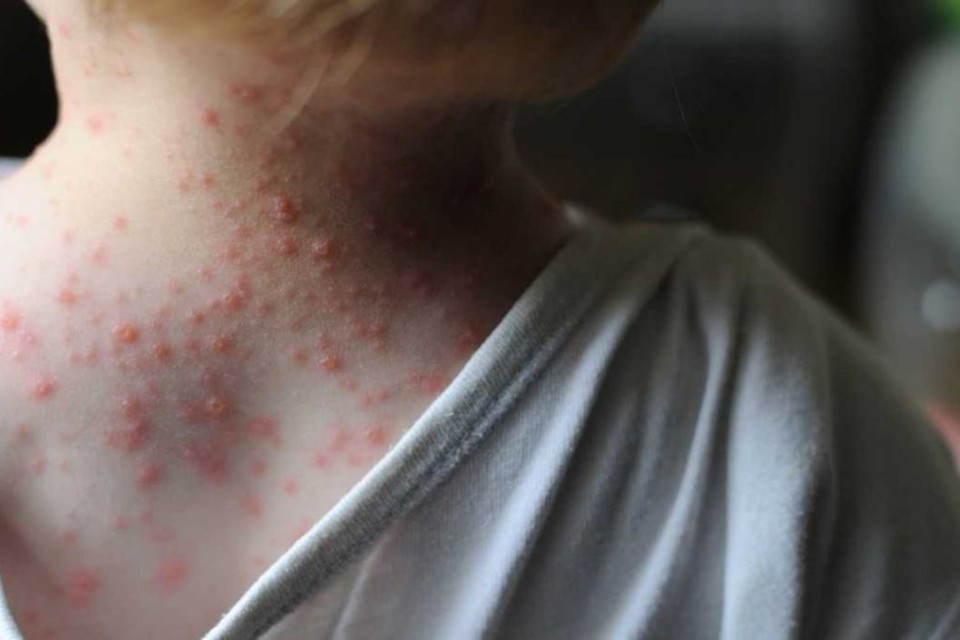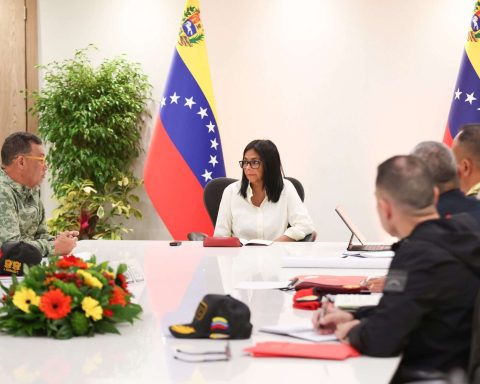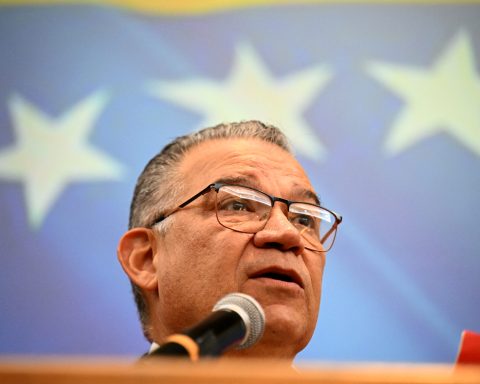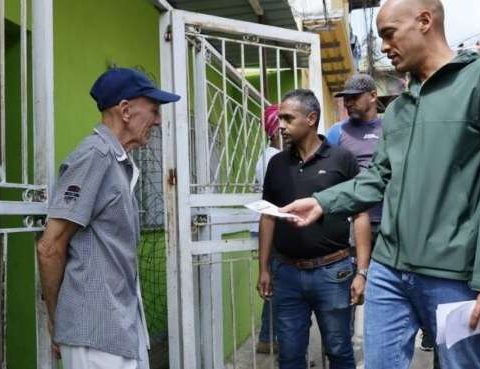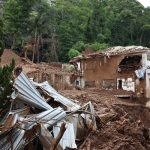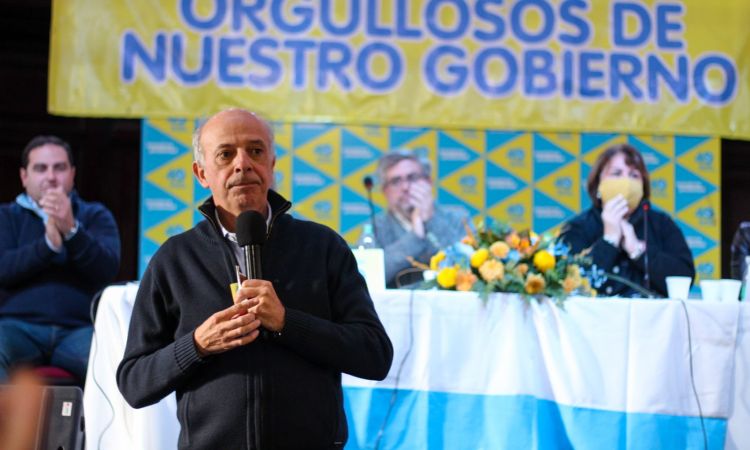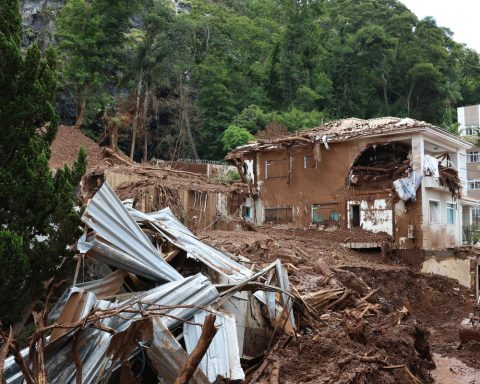The epidemiological fence installed at the Maiquetía Airport made it possible to detect the first positive patient for monkeypox, who was immediately sent to isolation while the country’s health authorities carry out screening tests to try to find the chain of contagion
The Ministry for Health reported that a positive case of the so-called monkeypox was registered for the first time in Venezuela, detected in a patient who entered the country from Madrid, Spain.
According to a statement shared by the health portfolio, the suspected patient had contact with two infected in the Spanish city of Barcelona.
The patient was reviewed due to the epidemiological fence installed two years ago at the Simón Bolívar International Airport in Maiquetía to contain the spread of covid-19, and as soon as the risk was detected, he was immediately sent to quarantine.
The tests carried out by the health personnel yielded a positive result, and therefore the Ministry of Health decided to carry out screening tests on all the people who had contact with this patient, in order to establish an epidemiological fence that prevents the spread of the virus. virus.
The patient who entered the country from Madrid, Spain, had contact with two infected in the city of Barcelona, in the European nation. (2/4)
– MPPS (@MinSaludVE) June 12, 2022
The #MPPSas the governing body for health in Venezuela, is screening the chain of infections to establish an epidemiological fence.(4/4)#TogetherForEveryHeartbeat @NicolasMaduro @MagaGutierrezV
– MPPS (@MinSaludVE) June 12, 2022
*Also read: WHO assesses vaccine distribution to contain monkeypox outbreak
monkey pox
Also called monkeypox, the World Health Organization indicates that it is a disease caused by a virus that is transmitted from animals to humans.
This disease produces similar but less severe symptoms to those of classic smallpox, which caused some 500 million deaths last century and was officially declared eradicated in 1980.
Its most distinctive sign is that it causes a skin rash that leaves small reddish lumps folded along the skin. Prior to this condition, patients often develop a fever with high temperatures.
The WHO explains that this rash evolves sequentially from “macules (lesions with a flat base) to papules (firm, slightly raised lesions), vesicles (lesions filled with clear fluid), pustules (lesions filled with yellowish fluid), and crusts that dry and they fall”.
This disease has been known for approximately 50 years. It was a virus that occurred with some frequency in African countries such as Benin, Cameroon, Central African Republic, Democratic Republic of Congo, Gabon, Côte d’Ivoire, Liberia, Nigeria, Republic of Congo, Sierra Leone and South Sudan.
However, on different occasions in this century, outbreaks have been detected in non-endemic countries. The first occurred in the United States around 2003, but since then it has spread throughout the world.
Since May 2022, the virus has taken over the public arena because it began to be reported in different parts of the world. Due to this scenario, for May 20, the WHO issued an epidemiological alert for monkeypox in non-endemic countries, after receiving reports of confirmed cases in 11 countries.
New pandemic?
Despite the fact that monkeypox has raised concern around the world, especially after going through more than two years of suffering from covid-19 and its rapid spread, so far there are no major reasons to think of a new crisis. pandemic.
The contagion method is much less aggressive than that of covid-19. The most direct way of transmission is close contact with respiratory secretions or skin lesions of an infected person.
For contagion to take place through respiratory droplets, the WHO indicates that “it usually requires prolonged face-to-face contact”, a rare situation in everyday life due to the fact that the precautionary measures of covid-19 and the coronavirus are still in force. use of masks.
*Also read: PAHO expects increase in cases of monkeypox, with low risk to the population
On the other hand, studies have shown that the smallpox vaccine helps prevent or attenuate monkeypox disease with an efficiency of up to 85%. This means that the vast majority of those vaccinated against smallpox have little risk of contracting the disease.
However, smallpox vaccination ended in 1980, after the disease was declared eradicated. Therefore, the new generations do not have that degree of immunity against the virus.
Despite this reality, the WHO does not recommend universal vaccination, since infection is still rare. It does recommend increasing the availability of vaccines that are already on the market.
Post Views:
3,419
